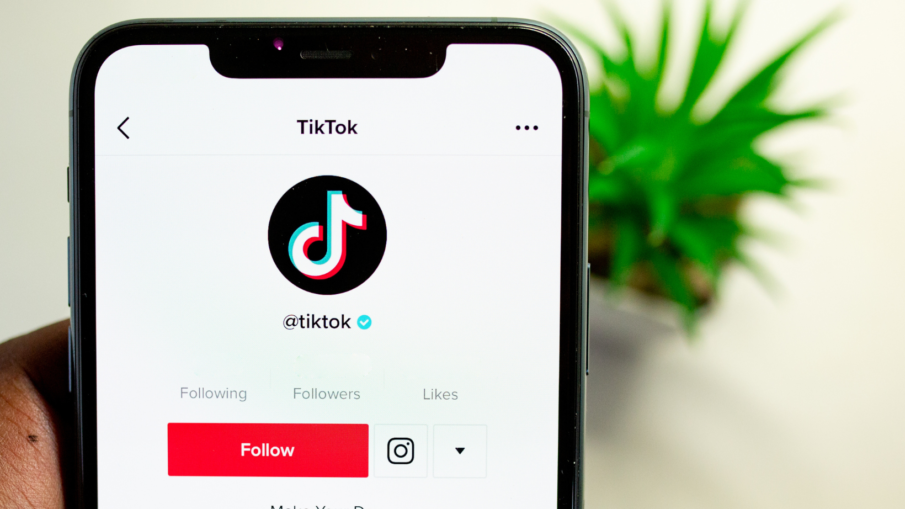Created in 2016 by the Chinese company ByteDance, codenamed “A.me,” TikTok began as a platform for users (targeted at the younger audience) to send and create shorter-length videos.
While not a completely original concept, TikTok has spiraled from its predecessor Musical.ly, which originally had the same purpose. In a survey conducted by BestColleges, research shows that about 82% of current college students have a TikTok account, while about 67% use the app almost daily. However, this percentage is slowly decreasing over a short period as limitations at a national and local level have continued to increase for its usage.
At a global level, TikTok now only allows its users who are under the age of 18 to use its services for no more than a singular hour. While this might not seem like a large deficit for the company, this affects about 35% of the app’s users, (albeit the ones who are allegedly truthful about their age).
Currently, it is illegal to have TikTok specifically on any State of Maryland business work-based devices. As security and lockdown in the workplace have begun for taking down TikTok, legislation has publicly stated that action on the app should take place before Oct.1m if they want to get rid of it entirely.
The Risk Information and Communications Technology Act or RESIST is trying to limit the usage . According to a release by National Security Advisor Jake Sullivan in March, “This legislation would empower the United States government to prevent certain foreign governments from exploiting technology services operating in the United States in a way that poses risks to Americans’ sensitive data and our national security”.
From a young college student’s perspective, I have to say that I am a part of the audience that TikTok collects from, we control what we see at this age. In this day and age, it has become a new form of censorship. While TikTok has its negative sides like other forms of media, it also has its pure good that people choose to ignore over the bad.
What stops its users from moving to a new form of media once it gets hypothetically “deleted”? There have been other forms of media like TikTok in the past, and even if legislation was to limit further the app’s usage it wouldn’t stop a soul from continuing to scroll.

